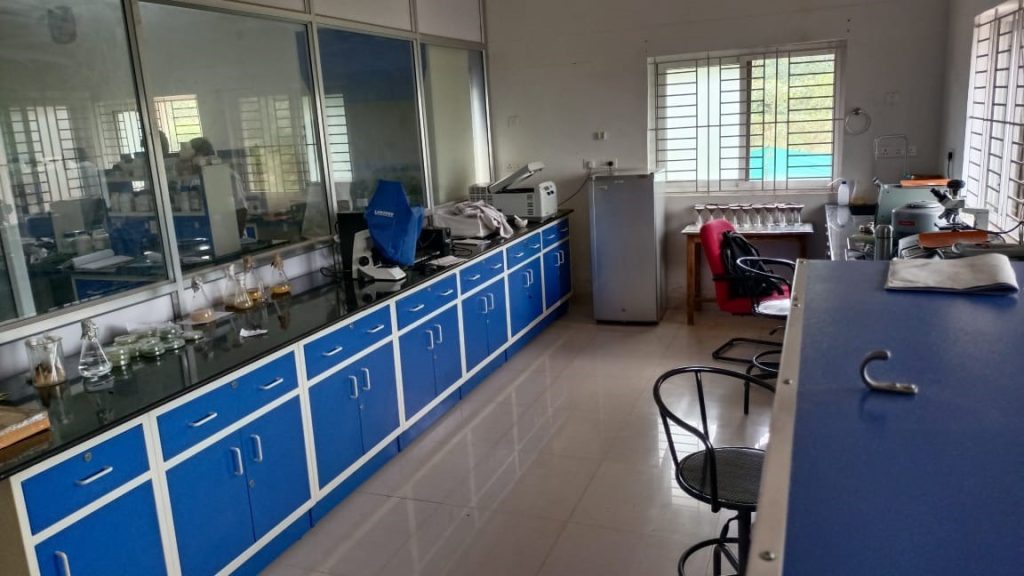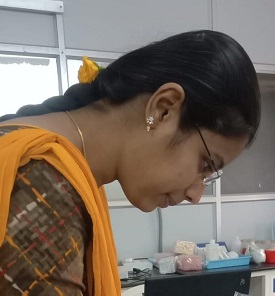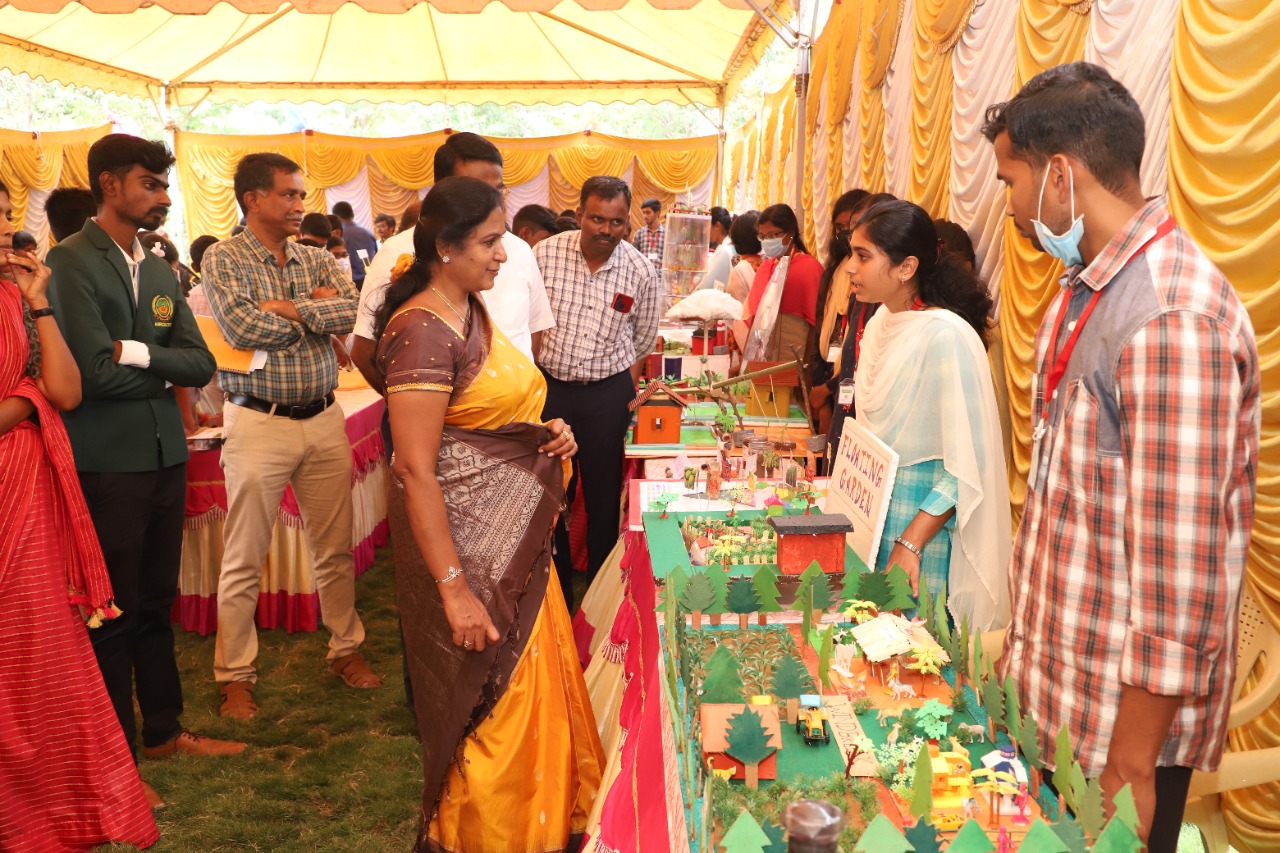The Tamil Nadu Agricultural University (TNAU) had its genesis from establishment of an Agricultural School at Saidapet, Madras, Tamil Nadu, as early as 1868 and it was later relocated at Coimbatore.
Get in touch
- info@tnau.ac.in
- 0422 6611200
- Monday to Friday: 9am to 5pm

Ph.D. (Ag.) in Sericulture
Prelude
To cater the growing demand for talented and technical competent human resources in Sericulture and closely allied sectors as well as the research and development institutes of national and global significance,
it is essential to offer the programme called Ph.D. (Ag.) in Sericulture.
Why this programme?
- To provide hands-on training on advanced methods of mulberry breeding, crop production and protection
- To have insight knowledge in silkworm physiology, anatomy and biotechnology
- To impart the knowledge on various industrial aspects involved in value addition in sericulture

Study Programme
The Doctoral programme in Sericulture has been designed following the UGC guidelines. The course imparts:
- To develop mulberry varieties having high yield potential with biotic as well as abiotic tolerance
- To evolve newer silkworm breeds and hybrids with higher silk recovery
- To cater the growing need of silk reeling and weaving industries
- To carry out research on recent advances in vanya host plants and silkworms
More details on the list of courses and research work experience to be gained is listed here.

Application and Admission
Interested in taking part in the programme of Sericulture? Find out more about the specific Admission requirements and the application procedures. If you doubt whether admission is possible, feel welcome to apply online. The Admission Committee will check your admissibility.

Future Career
Want to know about the job opportunities after completing the Master’s in Agricultural Extension Education.
To replace table content
Doctoral in Sericulture
Doctoral Courses
After admission, the students undergo a set of courses that help them understand the basics of Sericulture as per the Choice Based Credit System (CBCS) with a total credit load of 100 credits, of which 75 credits are exclusively earmarked for research work related to the thesis.
Doctoral thesis research
After completing the courses in the first year, the students start their thesis research. Each student is assigned to an experienced faculty, approved by the Dean of School of Post-Graduate Studies, who would guide the student on his/ her choice of research problem.
Research internship
The students are exposed to several scientific events like symposia and conferences. Many are encouraged to have internship training at other institutes for a couple of months, either in India or abroad.
Student Experiences

I am Dr.M. Saratha, studied Ph.D. in Sericulture. As an alumnus of Department of Sericulture, Tamil Nadu Agricultural University, Coimbatore, I would like to mention the significance of Sericulture degree programme. It is one of the allied courses of agriculture, most exciting four years degree programme with good job opportunities.
Academically, we cover various aspects of sericulture in this degree program and gained both theoretical and practical knowledge in mulberry crop production, silkworm rearing, pests and diseases management, post cocoon activities, crop improvement technologies. Student’s field knowledge was also expanded by taking additional courses in soil science, crop physiology, extension, economics, statistics, etc. This integration motivates the students to find better solution during real time field experience.
We fall behind in the production of raw silk because there is a dearth of knowledge in the sericulture-active districts and states. In order to boost India’s cocoon productivity and address the issues faced by the sericulture producers in the districts and state, competent and skilled labour is crucial.
Sericulture degrees foster the development of transferable skills and inspire young people to pursue self-employment. After completion of degree programme, graduates may also become a sericulture farmer, farm advisor representing state as well as central government or other related agricultural roles. Alumni like me can successfully begin our career in government extension offices, academic disciplines, sericulture units, agriculture sector banks, etc., including the Central Silk Board (CSB).
Graduates in this discipline can pursue Ph.D. or even a post-doctoral degree, and there is also a tonne of room for research and growth. Additionally, postgraduates with good pay scales were appointed as lecturers, lab assistants, consultants, etc.
I would like to convey our appreciation to our university and the future sericulture graduates for giving us the chance to share our experiences in the sericulture degree programme.

I am Dr.E. Arasakumar, Ph.D. (Seri.) borne at the faculty of Sericulture and currently working as a Senior Research Fellow at Forest College and Research Institute, Mettupalayam. Sericulture is a skill oriented, entrepreneurship degree programme under the life courses which taught to us, all the activities from host plants cultivation, silkworm rearing, management and value addition technology in lively manner. Sericulture has a greater scope and opportunities in industries like nutrition, cosmetics and pharmaceuticals. For students, it avails job opportunities in both state and central government and also in private sectors.

